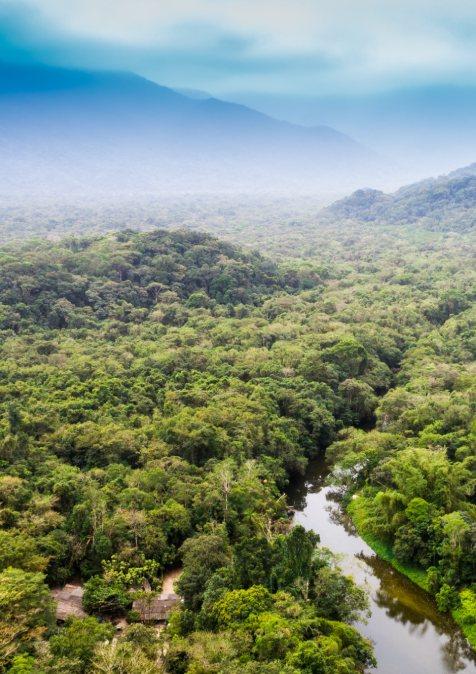There are three major reasons for central banks to engage on climate change issues. The first is the set of – physical and transition - risks to financial stability potentially brought about by natural disasters and trends derived from climate change. Second, the potential impact of climate change shocks and trends on economic growth and inflation and, therefore, on their monetary policy decisions. Finally, the possibility of using their balance sheets and their macroprudential toolkit to favor climate mitigation.
Speakers

Otaviano Canuto
Senior Fellow
Senior Fellow at the Policy Center for the New South, Affiliate Professor at Mohammed VI Polytechnic University and Non-Resident Senior Fellow at Brookings Institute. Former Vice President and Executive Director at the World Bank, Executive Director at the International Monetary Fund (IMF) and Vice President at the Inter-American Development Bank.
...










